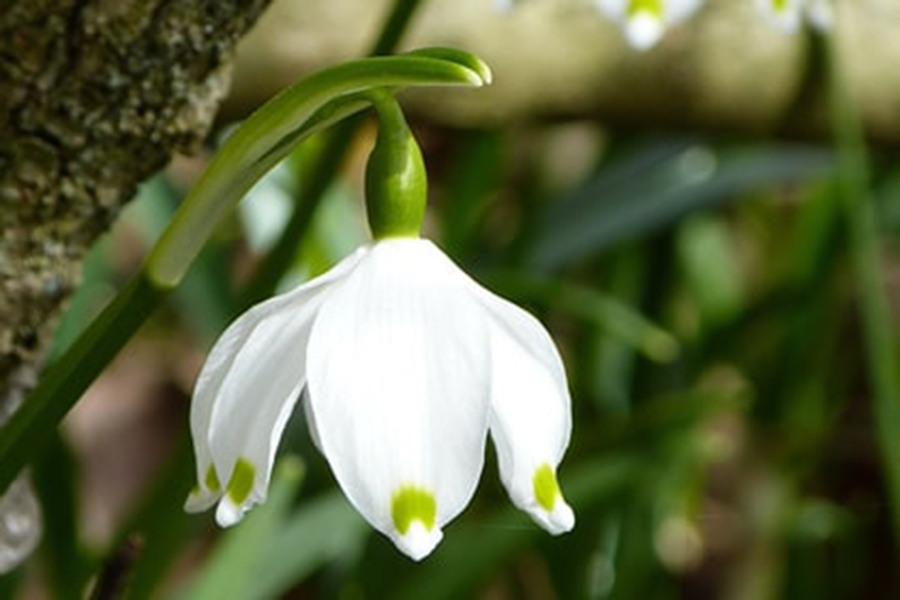
ANGER: It’s Not a Weapon
If you’re in a high-conflict relationship and find yourselves arguing frequently, chances are you’re probably trying, without success, to reach a particular understanding or to correct a failure in understanding between the two of you. Your lack of success in all likelihood has more to do with the challenge of working with anger—yours and your…
INTIMACY: Keeping Intimacy Alive
We can start by saying this: to be known and understood by the other is what we all deeply long for. And we sense that this is the key to intimacy and joy in our relationships! How do we promote intimacy? Healthy couples and partnerships work hard to stay open to each other, to remain…
TRAUMA: Repetition and Healing
The brilliant writer and psychoanalytic thinker, Christopher Bollas, writes this about trauma: Trauma results in psychic processes that are “conservative, fundamentally aiming to control . . . psychic damage, desensitizing the self to further toxic events . . . and to preserve a constant state by ridding the [person] of excitation. The psychic process here…
TRAUMA: Treatment and Recovery
As we think about trauma here—I’m referring to my most recent two blog posts in which I’ve talked about the split-off self, the deadened self, and the challenge this poses in therapy, it makes sense to think about the question what does treatment offer? We can look back to early life, to infanthood and childhood…
TRAUMA: Complexity and Human Experience
I want to continue to talk about trauma here, and to try to get to a bit about how trauma affects the self. I wrote in my recent post that trauma is often (but not always) compounded by the problem of its having occurred outside of language—either because the victim was too young to have…
TRAUMA: What is the Language of Trauma?
I want to try to talk here about trauma. I say “try,” because in large part, trauma takes place outside of language. What I mean is that trauma can take place beneath the surface of awareness and so it can escape being named and memorialized by the process of putting language to the experience. Trauma…
RELATIONSHIPS: Can You See Your Partner?
I have written previously that we bring two things to our relationships: Our Deepest Hope Our Worst Dread These two principles are central to understanding how couples work together—or fail to work together! And, they should be a part of good couples counseling or marriage counseling because these twin pillars of emotional identity govern pretty…
RELATIONSHIPS: Are You Tuned In?
Heading into a relationship, we always bring 2 things along: 1. Our Deepest Hope 2. Our Worst Dread Do you know what your deepest hope is? Do you know what you dread the most? Do you know your partner’s deepest hope and the thing he or she dreads the most? If not, you should. Most…
RELATIONSHIPS: What We Bring to Them
Heading into a relationship, we always bring 2 things along: Our Deepest Hope Our Worst Dread We hope for love and security. For companionship. We hope for erotic satisfaction. For family. We may dread rejection, dismissal, or abandonment. Or boredom. Or being controlled. One thing is sure: we dread not getting the things we hope…
- « Previous
- 1
- …
- 4
- 5
- 6








